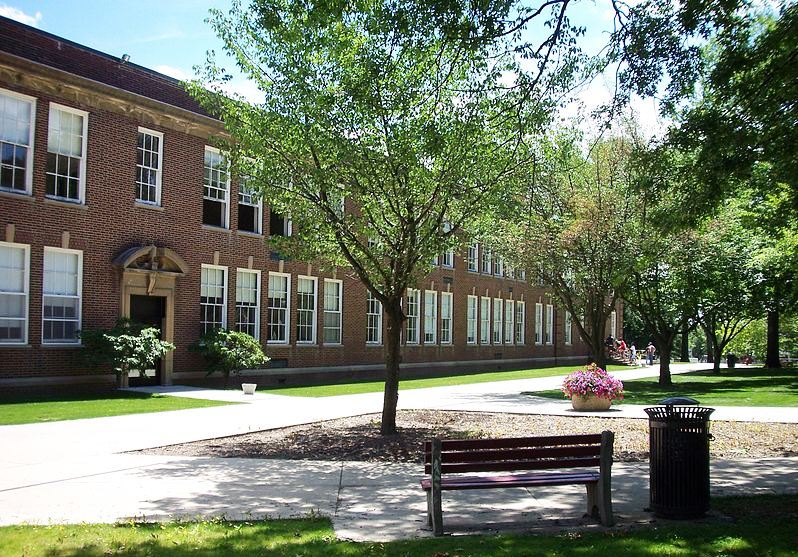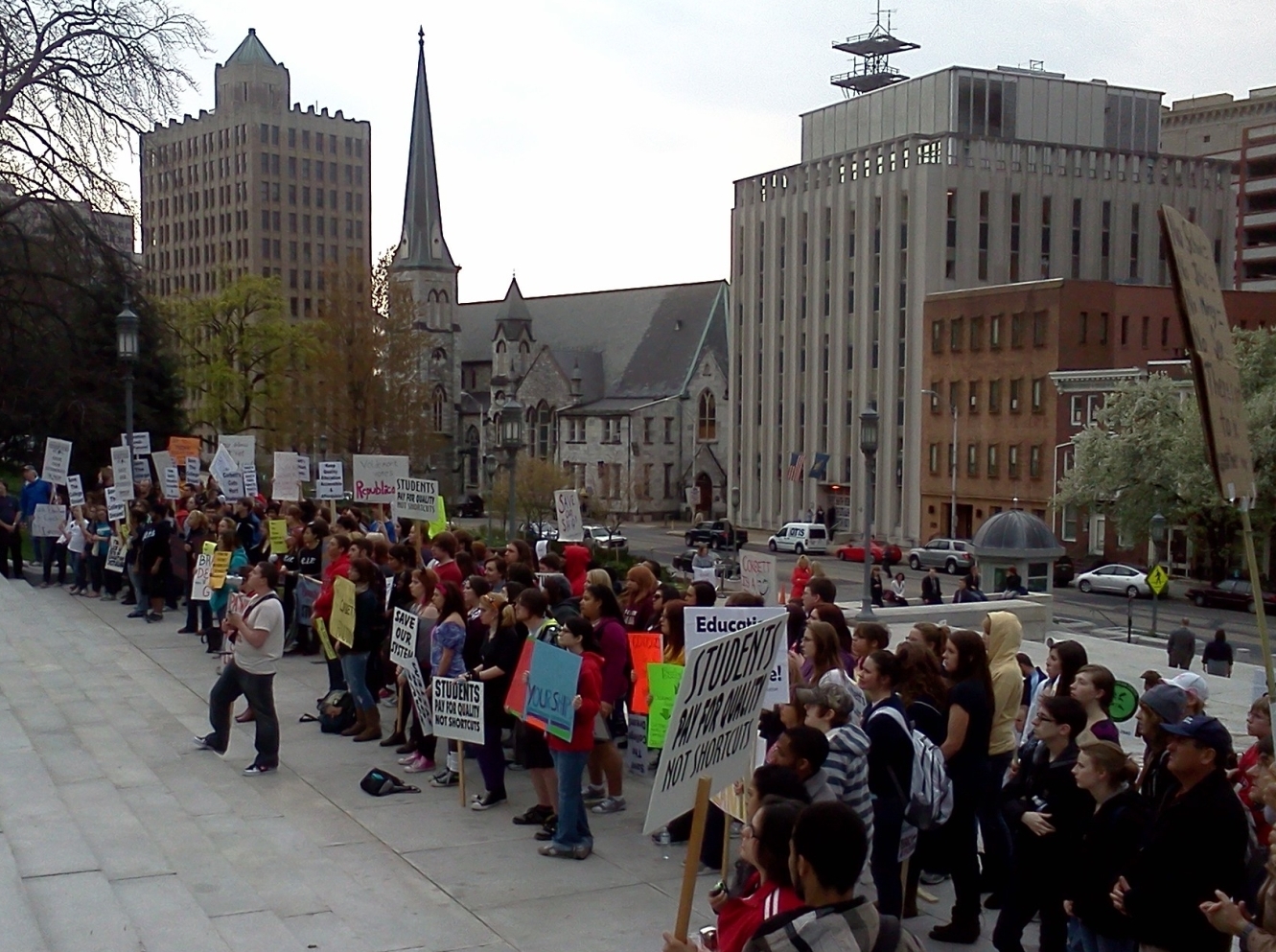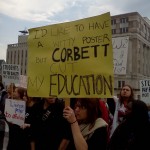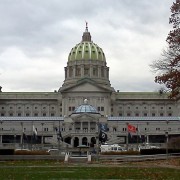Gov. to Seek Level Funding for Higher Education
With Governor Tom Corbett’s commitment to level-fund higher education in the new fiscal year, state-owned and state-related university officials are pledging to keep any tuition hikes as low as possible. “This agreement, this working together, will allow our schools to better plan their budgets for the coming year and make the best use of their resources,” Corbett said at a capitol news conference. “Their commitment should allow students, and particularly their families, to plan their own budgets accordingly.” Corbett was flanked by the state’s higher education leaders as he made Friday’s announcement.
This agreement – level-funding in exchange for minimal tuition hikes – is similar to a deal that was ultimately struck last year. Corbett says it resulted in the lowest tuition increases in more than a decade. “For example, Temple University did not raise tuition last year; Penn State had their lowest tuition increase in nearly 40-years.”
The state appropriated nearly $1.6-billion to higher education in the current fiscal year, and Corbett is proposing the same amount for FY2013-14.
State Senator Jake Corman (R-Centre) says level-funding is significant in what continue to be difficult budget times. “As Appropriations Chairman I can tell you that this coming fiscal year… our cost-carry-forward items – such as Medicaid, debt service, corrections, things of that nature – will grow at a higher rate than what our revenues will grow next year,” he explains.
This sort of early collaboration between Governor Corbett and the higher education community is a change of pace from previous budget cycles. Two years ago, higher education received a near 20% cut, after even steeper cuts were initially proposed. Last year, a level-funding deal wasn’t struck until long after Corbett proposed another round of stiff cuts.
With that track record in mind, Democrats don’t seem too impressed with Friday’s announcement. “By flat funding higher education, Tom Corbett is keeping in place harsh cuts from past budgets and ignoring cost of living increases,” says Pennsylvania Democratic Party Chairman Jim Burn, “Tom Corbett has the wrong priorities.”
Corbett will discuss all of his priorities on Tuesday when he delivers his annual budget address to a joint session of the General Assembly.









